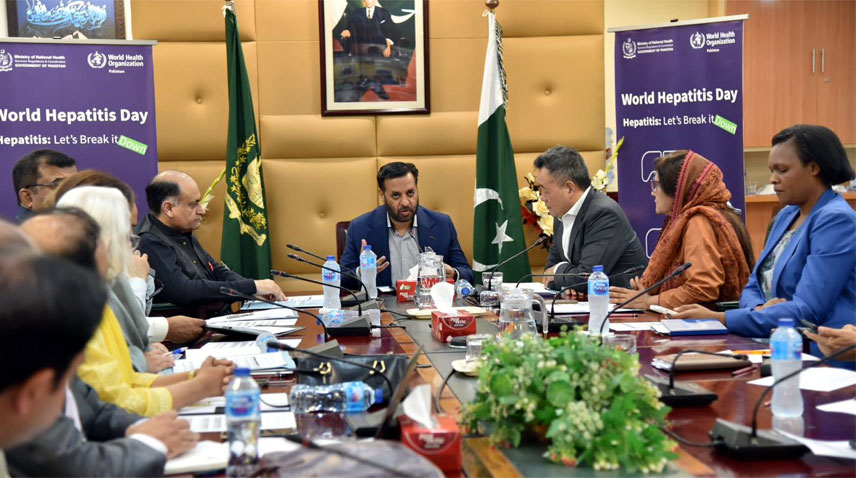Pakistan and the World Health Organization (WHO) have formalized an enhanced collaboration to accelerate the nation’s campaign against hepatitis C, focusing on mass screening, expanded treatment access, and targeted public awareness programs.
Under the renewed partnership, both organizations committed to scaling up the national hepatitis C elimination program, aiming to identify undiagnosed patients and ensure timely treatment. The initiative seeks to strengthen healthcare infrastructure and increase outreach through community-based screening services across high-risk areas.
Key components of the enhanced partnership include:
- Expanded screening for individuals aged 12 and above in both urban and rural communities
- Free treatment provision via public hospitals and dedicated hepatitis treatment centers
- Nation‑wide awareness campaigns on prevention, safe medical practices, and hygiene measures
- Joint monitoring and data-sharing mechanisms to track patient outcomes and program progress
WHO representatives emphasized the urgency of tackling hepatitis C, particularly due to its high burden in Pakistan and global public health implications. The collaboration aims to align local efforts with broader international elimination goals while ensuring that supply chain resilience is maintained.
Health officials highlighted that sustained investment, improved quality control, and community engagement are crucial to reaching WHO’s target of eliminating hepatitis C by 2030. The initiative underscores Pakistan’s dedication to public health reform and its alignment with SDG health objectives.



Comments (0)
No comments yet. Be the first to comment!
Leave a Comment